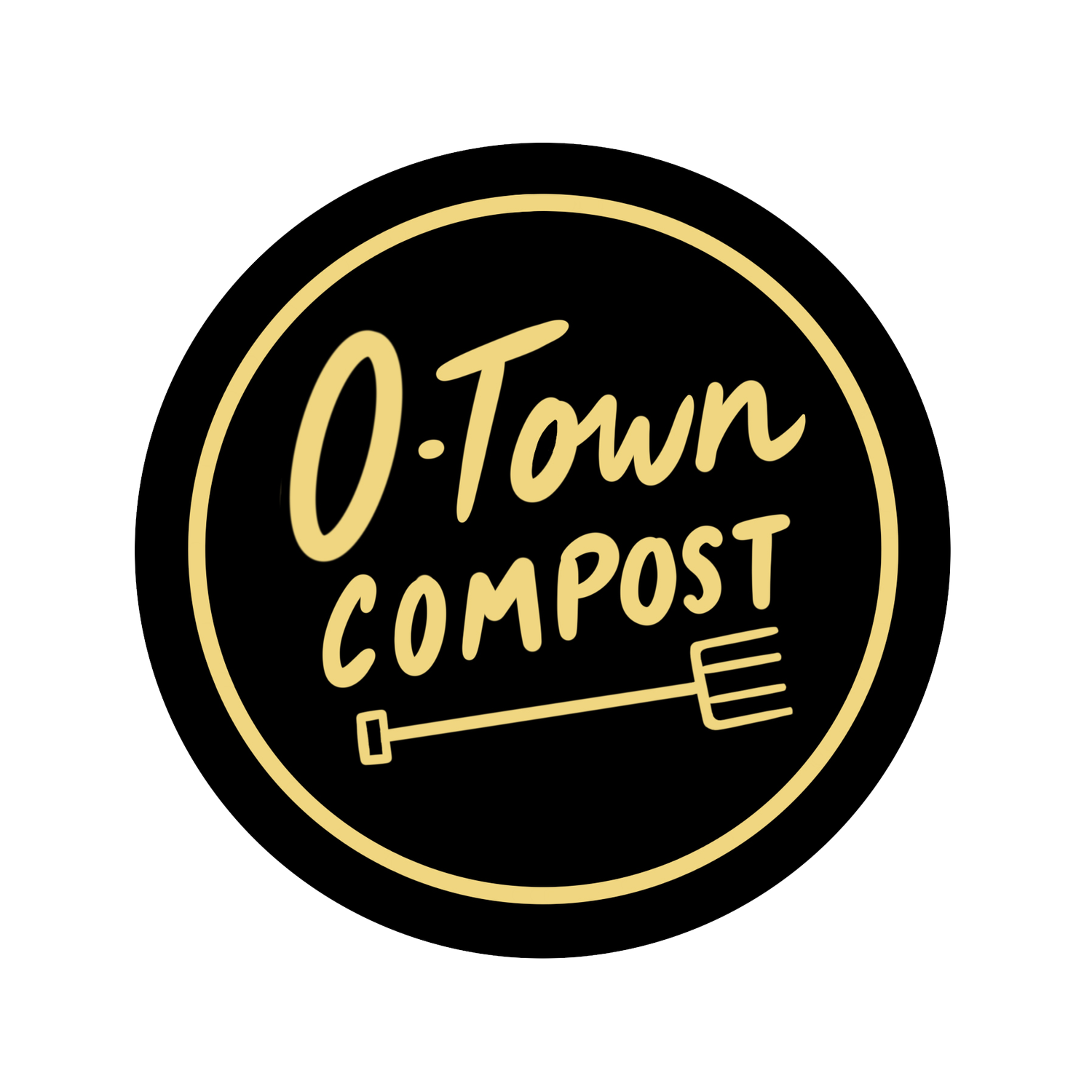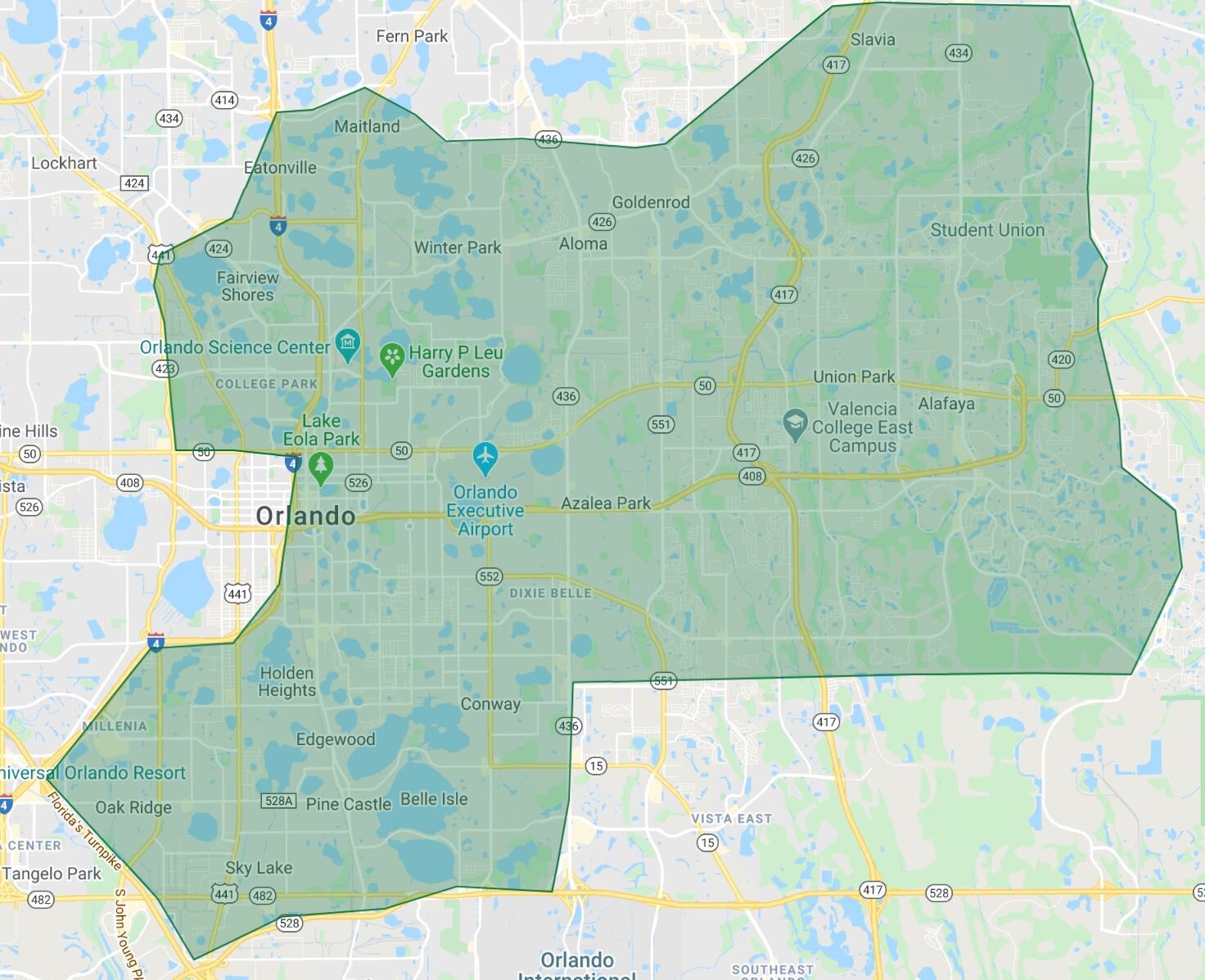By Kristin Anderson & Shem Jenkins
In a society where food travels an average of 1,500 miles before reaching your plate, local farms like Everoak Farm are special. Everoak Farm is located only 5 miles east from downtown Orlando. Owners Mike and Nikki Garcia are taking on the challenges of curating their Certified Natural Grown farm, utilizing bio-intensive gardening techniques, implementing regenerative farming practices, and turning organic and biological inputs like compost into the earth. Working with nature, they build healthy and biologically active soil that is regenerative, and in turn, they produce abundant, clean, chemical-free, and nutritionally dense fruits and vegetables for the Orlando community all year long.
Charlie Pioli and Mike Garcia have known each other for years, connecting initially at the Audubon Park Community Market. Mike doesn’t use fertilizers; instead, he works to rotate beds with new crops, plants multiple crops together, and uses compost made from the food scraps that O-Town Compost collects to nourish the farm’s soil. Compost is an important part of the farm’s strategy to maintain and increase fertility and build the foundation for a healthy and thriving ecosystem that supports abundant plant growth and supports nutrient dense produce. According to the United Nations, close to 1 billion tons of food goes into trash bins every year, and food waste accounts for more than 8 percent of global greenhouse gas emissions. Partnerships like the one between O-Town Compost and Everoak Farm are established by forward-thinking farmers and composters, like Mike and Charlie, who find real world solutions to modern day problems both sustainably and abundantly.
O-Town Compost delivers food scraps from its collections, which Everoak farm combines with wood chips from local arborists, to create compost that becomes the soil amendment that is the building block that forms the foundation of Everoak Farm’s regenerative agriculture practices. This partnership is a mutualistic relationship, creating a hyper-local system for food distribution, waste management, and food production. Some O-Town Compost subscribers also receive their fresh produce, eggs, and meat from Everoak’s CSA (Community Supported Agriculture) or buy what they need directly from Everoak’s booth at the Audubon Park Community Market. By doing this, customers close the loop by participating in a zero-waste food system. This transition to a circular food economy presents a compelling opportunity for farmers, waste collectors, community composters and consumers. By closing the loop, we reduce our reliance on external inputs and minimize waste and pollution throughout the food production and consumption cycle.
When you buy your produce and meats directly from local producers like Everoak Farm, eat at local restaurants that do the same, and divert your home’s food waste from the landfill by subscribing to your local community composter, you actively participate in a circular food economy. The circular approach shortens food’s distribution distance, significantly reduces the carbon footprint associated with food transportation, and allows for the extraction of maximum value from food products throughout their life cycle. When paired with the regenerative farming practices Mike and his wife Nikki use on their farm, we begin to see a shift back to a more balanced, stable, and reciprocal relationship between production and consumption.
Central Floridians are constantly looking for ways to be kinder and more mindful of their impact on this earth as we move through our precious time on it. We can all see and feel the immediate benefits in ourselves, our families, and in our neighborhoods when we support these regenerative approaches to farming, agriculture, consumption, and waste management. By supporting these systems, we provide a very clear and sustainable path that nurtures the abundance of our planet, while at the same time creating a healthy and thriving, mutually beneficial relationship between all populations of humans, plants, and animals.
So Grow, Eat, and Compost locally. We are the stewards of our Earth.
Learn more about Everoak Farm by visiting their website.
Learn more about O-Town Compost by visiting our website.
O-Town Compost now offers Bulk Compost Delivery!
We now offer 2 cubic yards of screened or unscreened compost delivered to your home or business.
Please go through the shop in your customer portal to purchase if you are an O-Town Compost Subscriber. https://accounts.o-towncompost.com/accounts/login/?next=/accounts/
Please go through the Public Shop located on our website’s homepage if you are a future O-Town Compost Subscriber. https://accounts.o-towncompost.com/shop/shop/
O-Town Compost family with Mike at his Everoak Farm.
From left to right, standing: Nicole, Stephen, Charlie (Owner of O-Town Compost), Mike (Owner of Everoak Farm) , Delwin, Jamie, Ciana, Chrissy, Shem, John, Patrick, Sara.
From left to right, kneeling: Cristina, Angelika, Mary, Meredith, Erin
Photographer: Kristin Anderson









